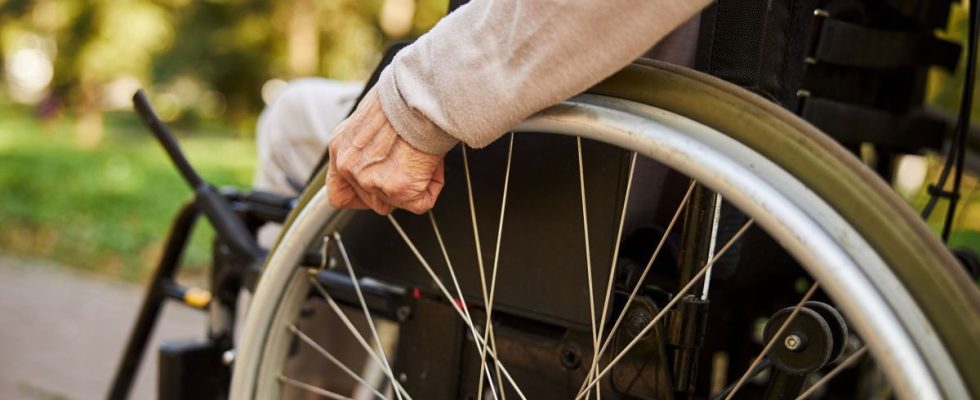Published on
Updated
Reading 1 min.
Taxis, housing, adapted sports venues: the 2024 Olympic and Paralympic Games in France are an opportunity to boost efforts to adapt the city for people with disabilities.
A territorial accessibility fund of 430 million euros aims to adapt transport in France over the period 2023-2027, with a priority emphasis this year on large stations and those serving the Olympic sites, indicates the ministry responsible for people disabled.
A fund of 300 million euros should help small businesses, hotels, bars and medical practices over five years to finance adaptations for all disabilities (ramps, Braille menus, etc.). Of this total, 100 million are allocated this year to the host territories of the Games, it is added.
In Seine-Saint-Denis, the athletes’ village will become, after the Games, an “accessible” district of 2,800 housing units.
Certain systems will only be operational during the sporting event: tens of thousands of volunteers trained to accommodate people with disabilities on sites, in airports and train stations, some 200 specifically dedicated shuttles, audio descriptions, etc.
But a legacy will remain of adaptations which should facilitate the daily life of disabled people, whether they are in wheelchairs (3% of disabled people), blind, deaf, etc.
With an issue for other audiences – the elderly in particular – in an aging society.
In Paris, surface transport (tram and bus) is accessible to people with disabilities, according to the RATP.
On the metro side, an older network, only line 14, recent, is 100%: the stations are announced by voice, there are elevators. The new trains and stations will integrate these devices.
During the Games, shuttles adapted for wheelchairs will be put in place, temporarily. Taxis labeled to support people with reduced mobility have increased from 250 to a thousand, indicates the interministerial delegation to the Olympic and Paralympic Games (Dijop).
“Usage expert groups” – bringing together people in wheelchairs, blind people, autistic people, etc. – regularly test the different routes and sites. They bring to light concrete problems not anticipated by architects and designers.
A collaborative Open Access platform lists accessible hotel rooms and accommodation.
4,500 para-athletes are expected at the Paralympic Games from August 28 to September 8. Several tens of thousands of visitors with disabilities are expected to be among the spectators of this global sporting event.
